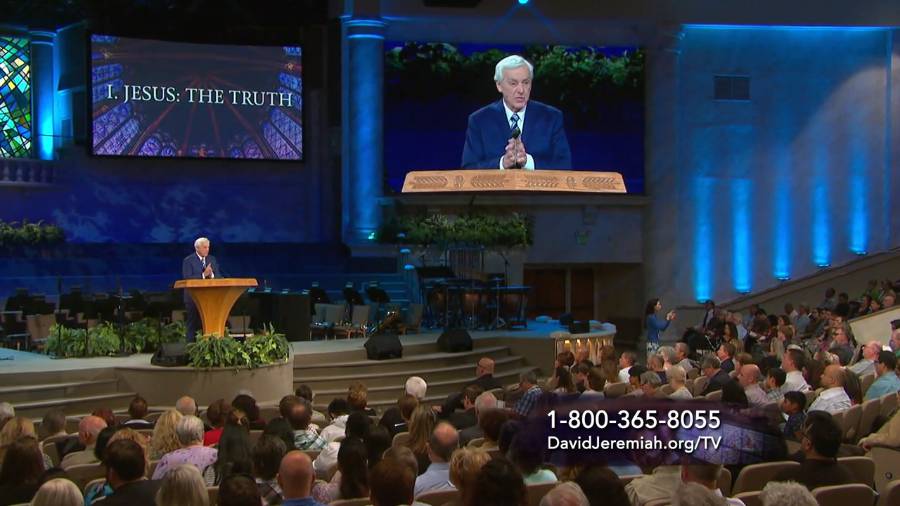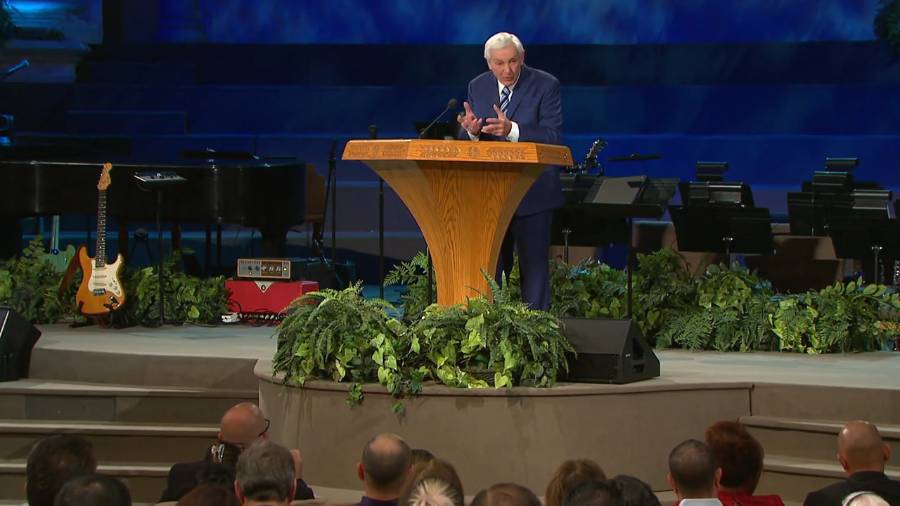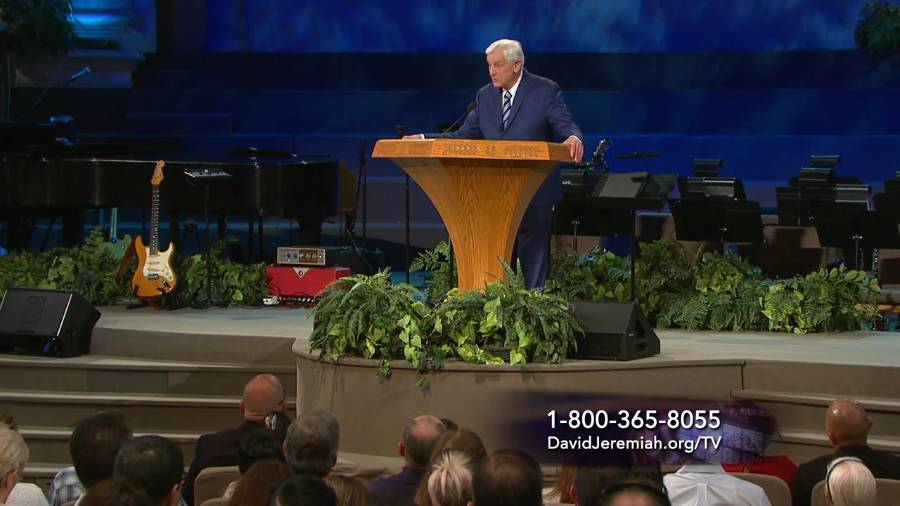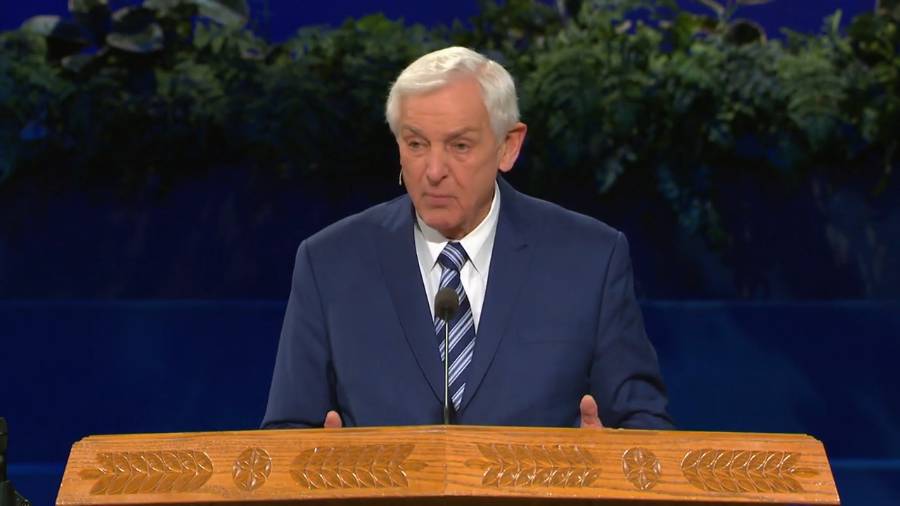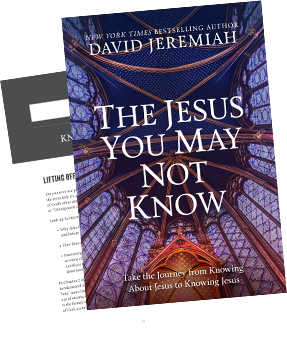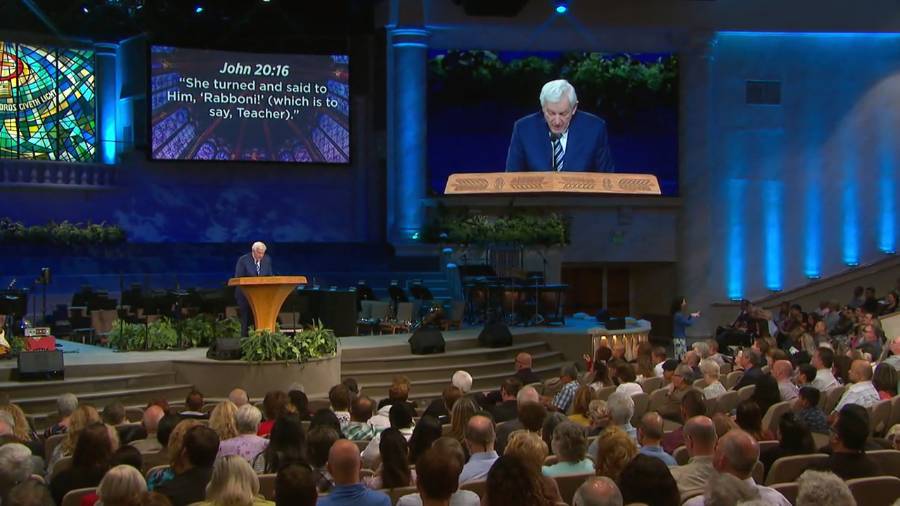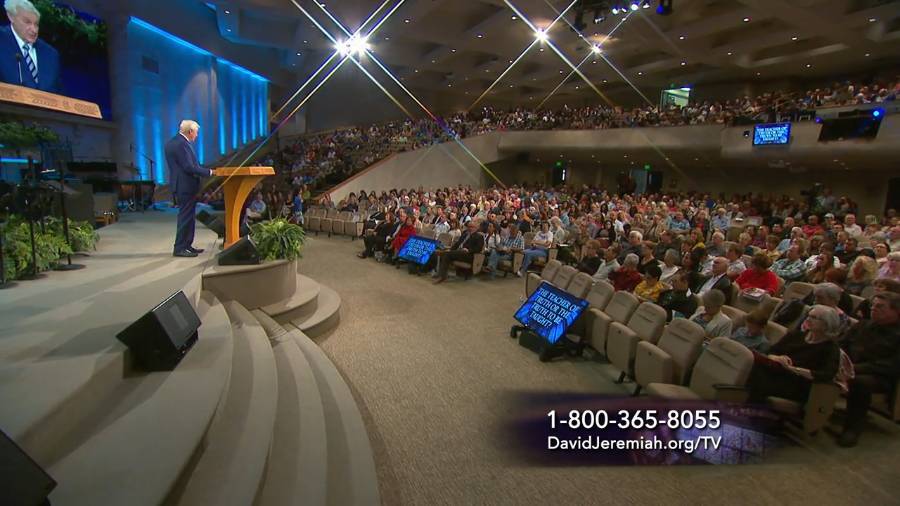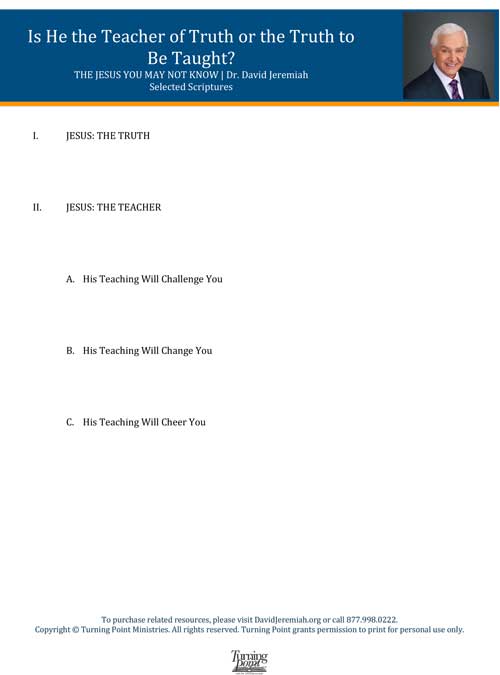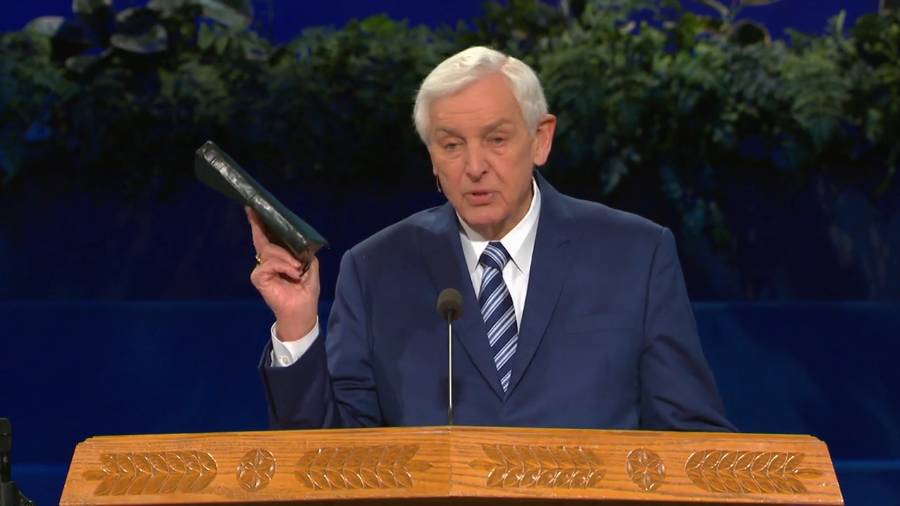The Jesus You May Not Know
Learn toFathomJesus like never before
Resources from David Jeremiah to aid in your journey from knowing about Jesus to knowing Jesus.
Is He the Teacher of Truth or the Truth to Be Taught?
Thanks for downloading your free resource!
Thanks for downloading your free resource!

The Earthly Ministry of Christ
What Does “Man of Sorrows” Mean in Isaiah 53?
From The Jeremiah Study Bible
By David Jeremiah
The Mighty Ruler or the Suffering Servant?
When Christ appeared on the scene to begin His earthly ministry, the Jews in Israel were confused. They had been expecting Daniel’s “Ancient of Days” (Daniel 7:9) to establish His throne. They were looking for someone who would destroy earthly kingdoms and “become a great mountain and fill the whole earth” (Daniel 2:35). Of course, they knew about Isaiah’s Suffering Servant (Isaiah 53), but they myopically thought that they—the Jews of Israel—were it. And they were tired of suffering at the hand of other nations. They longed for Isaiah’s peaceable kingdom, where the wolf and the lamb would lie down together, where the earth would be “full of the knowledge of the Lord as the waters cover the sea” (Isaiah 11:6–9).
The Cross or the Crown?
What they overlooked was their sin and the repentance needed to make them suitable citizens of God’s coming kingdom. When Jesus talked about sin, they failed to see His point—most of them, anyway. Do we fail to see His point as well? Jesus’ earthly ministry was about the cross, not the crown. Not only the cross He would bear for the sins of Israel and the whole world, but spiritual death to self. Jesus said we would need to take up our cross (Luke 14:26, 27), die to self, and be “born again” in order to see the Kingdom of God (John 3:3).
A Casual Acquaintance or a True Disciple?
He often communicated this vision in cryptic stories we call parables so that only the truly repentant would understand His meaning. For example, He spoke of being “born again”; it was not an Old Testament image, and people like Nicodemus, a leader of the Jews, struggled to understand (John 3:4). Jesus told His disciples that His words were meant to find the ears of those who really wanted to hear about God and His kingdom (Matthew 13:10–17), not those who were casual listeners.
The Sword or the Spirit?
On other occasions, Jesus spoke plainly. In the Sermon on the Mount (Matthew 5—7), He said the Kingdom of heaven was prepared for the poor in spirit, those who mourn over their sin, the meek, the merciful, those hungry for righteousness, the peacemakers, and those willing to be persecuted and insulted for God’s sake (Matthew 5:3–12). This was a new concept to the people who thought God had promised to make Israel the head of all nations. In their day, power was gained by the sword, not the spirit.
A Show or a Sacrifice?
Jesus took on the religious leaders of Israel, calling them to account in no uncertain terms, for their carnal, prideful ways that compromised their leadership of the nation. He taught that they had manipulated God’s laws into requirements they could fulfill without having to make any real sacrifices (Matthew 5:21–47). The seven “woes” of Matthew 23:13–32 were an echo of Isaiah’s six woes against the leaders of his day (Isaiah 5:8–25).
The Shepherd, the Servant, and the Savior
So why did Jesus leave heaven and come to walk and live among humankind? Jesus said that He came that we might have abundant life (John 10:10), that He might be a Servant who gives His life to benefit others (Mark 10:45), and that He might find the lost sheep of the house of Israel (Luke 19:10).
He preached the Kingdom of God—the word kingdom occurs more than 120 times in the four Gospels alone.
To validate His words, He demonstrated the power of God with signs and wonders. “Jesus went throughout Galilee, teaching in their synagogues, preaching the good news of the kingdom, and healing every disease and sickness among the people” (Matthew 4:23). And when at last He died on a cross and then rose again from the grave, His ultimate purpose was revealed, as anticipated by Isaiah—“He was wounded for our transgressions… by His stripes we are healed” (Isaiah 53:5)—and foretold by John the Baptist: “Behold! The Lamb of God, who takes away the sin of the world!” (John 1:29).
For Further Reading: Isaiah 2:2–4; 9:7; 11:1–10; Daniel 2:44; 7:14–27; Matthew 13; Revelation 11:15
This article is an excerpt from The Jeremiah Study Bible.
All rights reserved. No portion of this material may be reproduced, stored in a retrieval system, or transmitted in any form or by any means, except for brief quotations in critical reviews or articles, without the prior written permission of Worthy Publishing.







